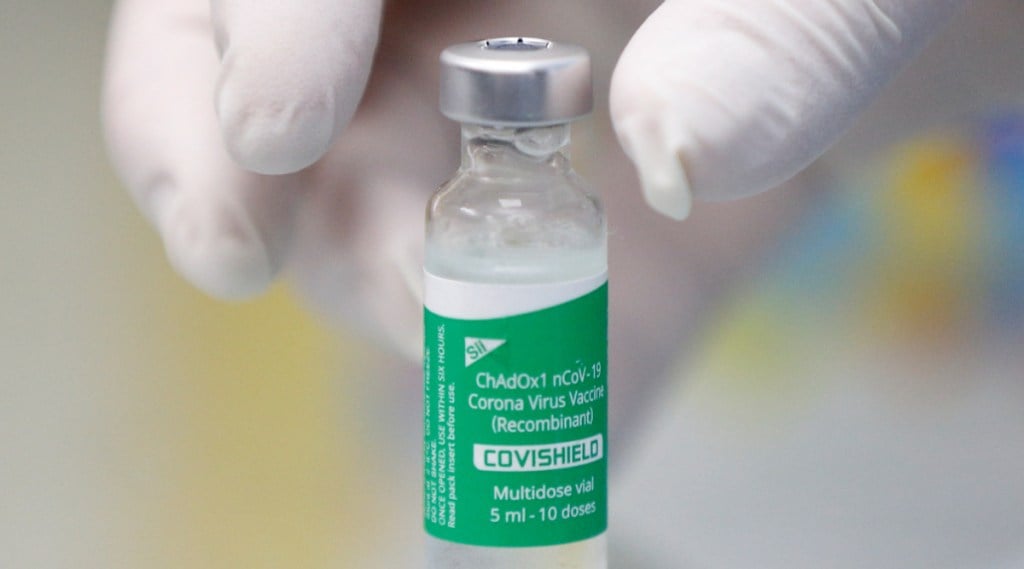Chief executive officer of Serum Institute of India (SII) Adar Poonawalla said on Thursday that the vaccine manufacturer stopped the production of Covishield vaccine in December 2021 as there was no demand for booster doses. In addition, around 100 million doses had already got expired. With the pandemic virtually over, Poonawalla expected the Covid-19 vaccine to become like a flu shot in the coming years that is taken annually.
Also Read: Dr Gagandeep Kang on what to make of the new omicron variants
Speaking to reporters on the sidelines of the annual general meeting of Developing Countries Vaccine Manufacturers Network (DCVMN) in Pune, Poonawalla said he is now weighing Covovax vaccine, which is Omicron specific. With the Indian regulators allowing the mixing of doses, he was hopeful of Covovax vaccines being part of the immunisation programme. The Codagenix nasal Covid-19 vaccines trials, which SII have been working on, had also reached in an advanced stage, he added.
Giving an update on the HPV vaccine, Poonawalla said the larger launch of the HPV vaccine has been delayed and pushed to next year. The HPV facility was used to make Covid vaccines, which have caused the delay. They would be making it in small quantities of around one to two million doses in a month and launching it in the Indian government programme during the first quarter of next year. The company was setting up a new facility to make 70 million doses initially and subsequently go up to 150 million-200 doses.
Also Read: Omicron subvariant BQ.1: India reports first case in Pune; Experts say it’s ‘dangerous’
Dr Soumya Swaminathan, chief scientist, WHO, has warned that the Covid pandemic had not ended and there could be another wave of infections in some countries. There are over 300 sub-variants of the Omicron virus. The ones that are of concern was the XBB, a recombinant virus variant of two different genetic strains that had combined and it was very immune evasive, Swaminathan said. The BA.1 and BA.5 variants were also more transmissible and immune evasive, she said. As the virus evolve, they would become more transmissible but as of now there was no data to show that the new variants were more clinically severe, she added. Testing and genomic surveillance had gone down over the last few months across countries and there was a need to maintain strategic testing and surveillance to track the virus and keep a close watch on the hospitalizations, she suggested. There was also a need to encourage people to take booster shots.
